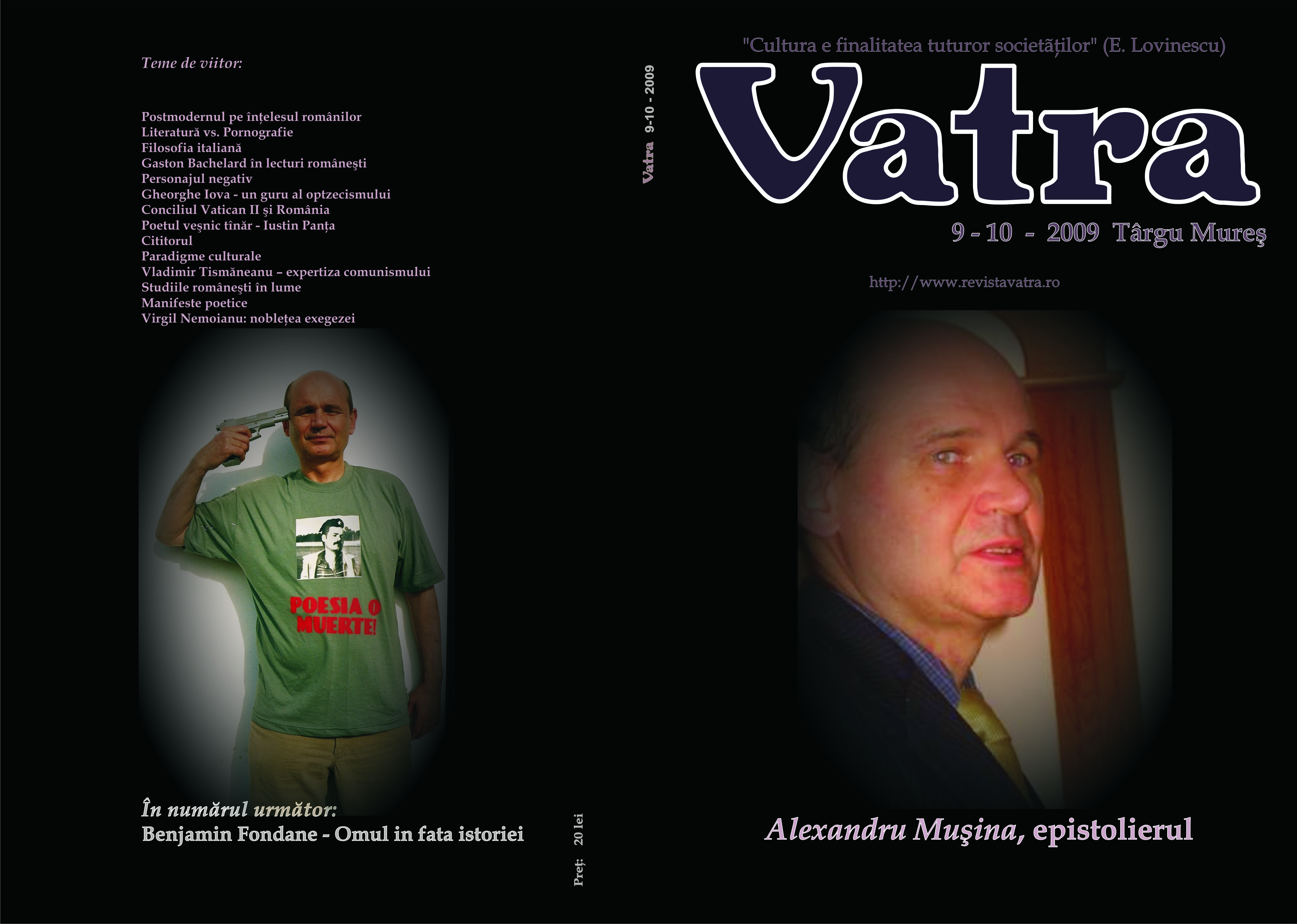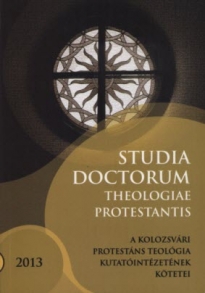
We kindly inform you that, as long as the subject affiliation of our 300.000+ articles is in progress, you might get unsufficient or no results on your third level or second level search. In this case, please broaden your search criteria.

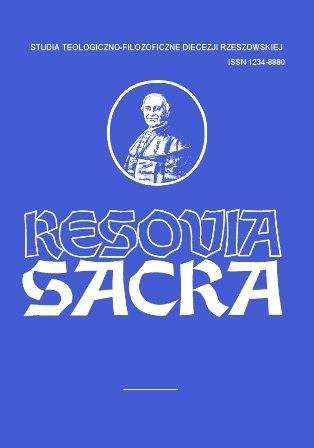
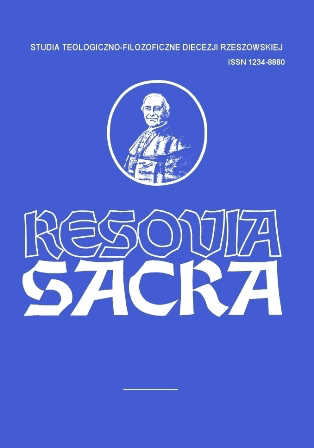
Der Verfasser stellt Fragen, ob in den Koenigenbuechern und auch in den Geschichtswerks (DtrG) ein (M. Noth), zwei (R. Smend) oder drei Hauptredaktoren (F.M. Cross) waren?Jetzt muessen wir, anders als M. Noth (1943) meinte, drei Hauptredakto- ren in den Koenigenbuechern und in DtrG sehen, weil wir in Texten der DtrG drei Schichten unterschieden:– die grundlegende Konzeption des Geschichtswerks d.h. der herausre-gende Historiker (DtrH);– eine Bearbeitung, die prophetische Texte eintraegt: d.h. der prophetischeDeuteronomist (DtrP);– und weitere,deren Hauptinteresse dem Gesetz gilt; d.h. der nomistische– Deuteromist (DtrN)Dieses Werk wurde spaeter noch mehrfach von postdtr. Haenden plan- maessig bearbeitet (postdtr. Bearbeitungen und. postdtr. Nachtraege).
More...
In the dialogue with the addresses of his letters, Paul gives various reasons to motivate them for just moral actions. The crucial reason on which Paul grounds his argument is the new existential dignity received in Baptism. Romans 14:7-9 is the representative text which discusses the relation- ship between the new dignity of the Baptized and their actions. The baptis- mal initiation (ontological level) makes Christians the property of Christ: their lives should be oriented but toward Christ Himself (moral level). In other words, the ontological dignity of Christians conditions their moral actions. As being-of-Christ, they must live and die for Him. Moreover, already in the zone of Christ’s dominion, they should subdue their entire comportment to Him for only in this way they can ensure a proper spiritual growth. By living for Christ in the present, the Baptized already actualize their ultimate vocation to become the definitive property of Christ (1 Cor 15:23) and God the Father for eternity (Eph 1:14).
More...!["Księgi historyczne Starego Testamentu", cz. 1, "Dziejopisarstwo izraelskie : Księgi : Jozuego, Sędziów, Samuela, Królów", T. Brzegowy, J. Łach, S. Wypych, [w:] "Wprowadzenie w myśl i wezwanie Ksiąg Biblijnych", t. 2, red. J. Frankowski, S. Wypych.](/api/image/getissuecoverimage?id=picture_2006_45438.png)




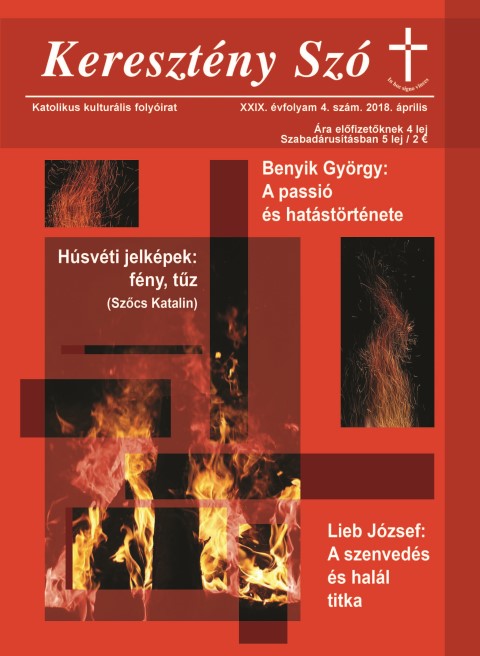

The Old testament did not follow the way of the polytheism. Appeared beside the One-God, Jahweh new concepts, perhaps new entities: the davar (logos), the hockma-sophia and the ruah-spirit, but they remained proprieties of God. Here the sophia and the spirit had feminine character. In the New Testament ended the personification of them, but the sophia and the logos bacam identic (cf. logosophian solution), only the Spirit (already the Holy Spirit) remained feminine: she appeared as peristera, mother-dove and the Spirit of the Rebirth. This motif lived longer in teaching of St. Hildegard of Bingen, of Russian sophiologists, etc. In our age Yves Congar wrote about the femininty of the Holy Spirit. God is the source not only of man properties, but also of woman: according the Genesis “God created man in the image of himself, in the image of God created him, male and female he created them.” (“Genesis” 1: 27)
More...
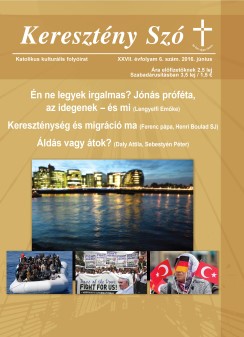
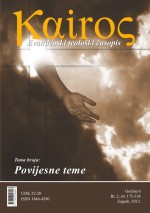
The history of Israel recorded in the Hebrew Bible is structured around eight pivotal passages (Exodus 19:1–24:11; Joshua 22–24; 1 Samuel 8–15; 2 Samuel 5–8; 1 Kings 8; 1 Kings 18; 2 Kings 22:1–23:30; Nehemiah 7:72b–10:40) that describe moments of crucial change in the socio-political and religious make up of this people. It is argued that these passages are related to each other revealing a specific spiral model of historical periodization. The structure thus provided brings together the variaous historical narratives of the Hebrew Bible into a coherent, unified message.
More...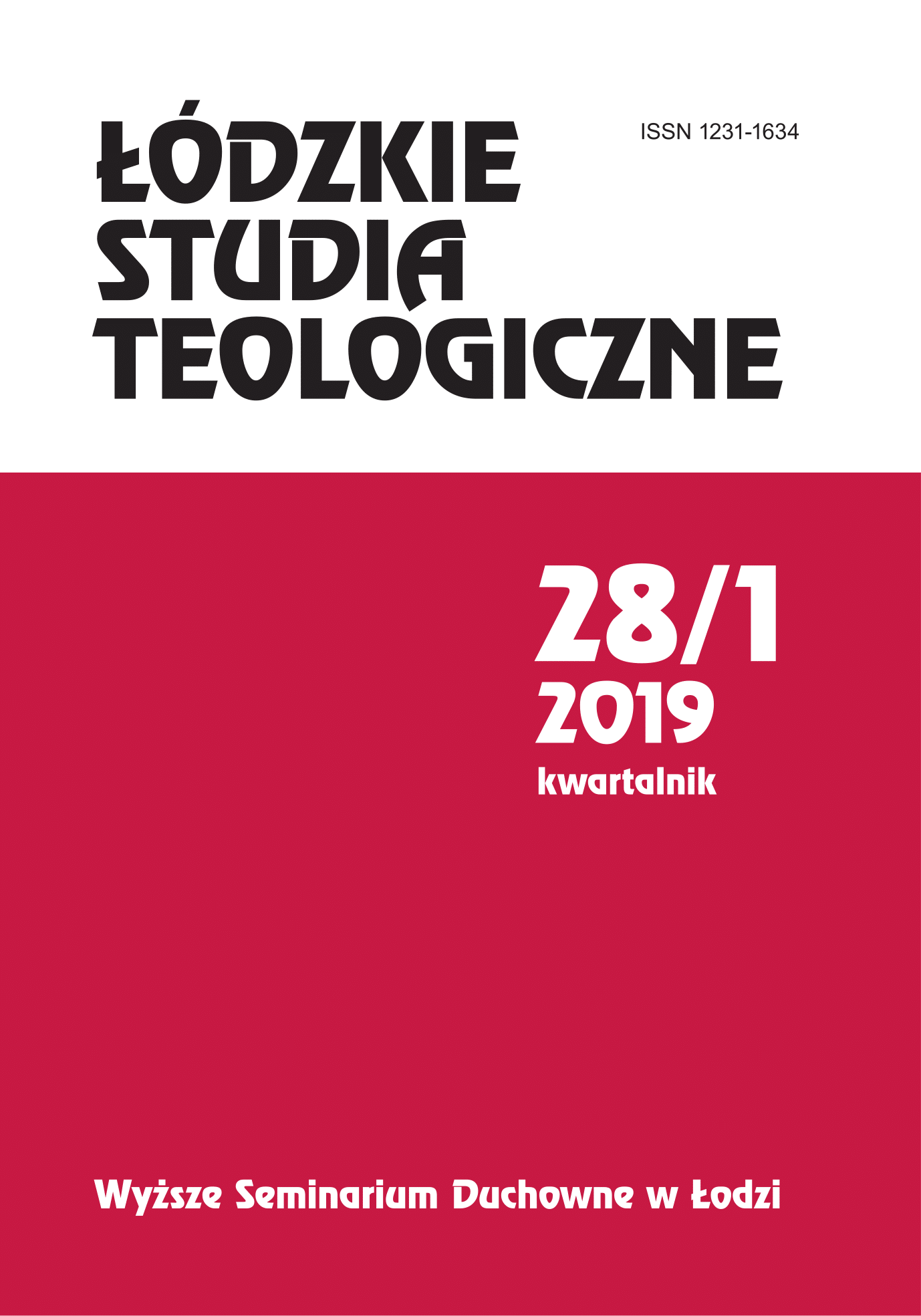
In Jude 10-13 the biblical author uses blatant invectives that show the ungodly and demoralized attitude of heretics. In the ancient Greek literature and in some other biblical books there are similar means of stigmatizing erroneous knowledge and behavior incompatible with commonly accepted customs. For this reason in this article we first discuss inversion as a literary genre, and then analyze the sentences from Jud 10-13 in order to show the content and meaning of the instructions and reprimands contained in this passage.
More...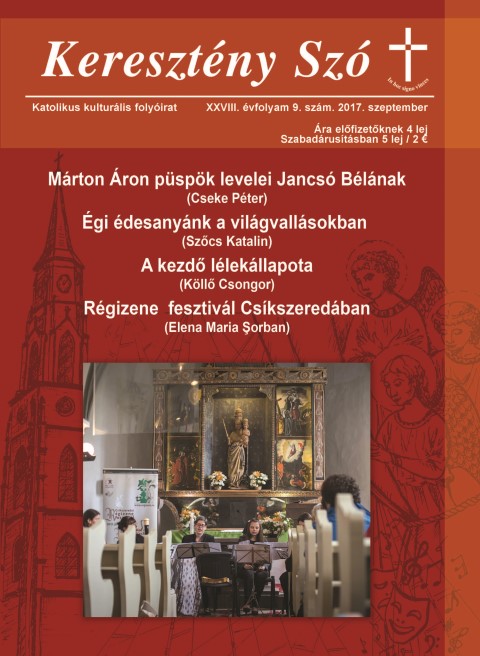
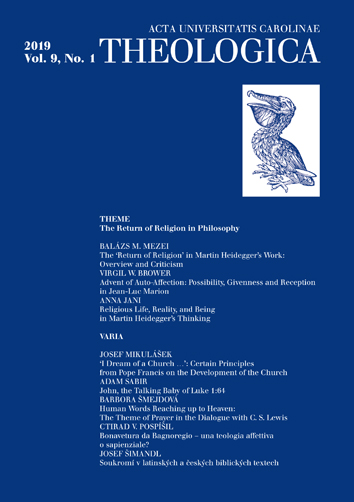
The aim of this article is to review the age-old assumption of who may be the object of the miraculous speech in Lk 1:64, without eliminating the traditional interpretation of Zachary as both loosing and receiving back his speech in conjunction with the events surrounding the birth of John. The thesis of the article is that the orator of Lk 1:64 is most probably the newborn baby John. The argument is a cumulative one and builds upon observations of grammatical, contextual and genre-specific nature. The last point is underscored by incorporating 2 (Slavonic) Enoch into the discussion.
More...
This paper ponders whether the notion of privacy should be seen as not biblical or not Catholic. Several Catholic encyclopedias were skimmed; the increasing interest in this topic is evident, although the prevailing point of view belongs not to theology or biblical studies, but to (ecclesiastical) law. In the following section of the paper, Czech words for privacy/private (soukromí/soukromý) in the Czech Ecumenical Translation and in the most notable older translation (Bible kralická) are examined and compared with their counterparts in Latin and Greek Bibles. The Old-Czech word súkromí with its strictly local sense is mentioned as well. To sum up: The examined words are plausibly used in the translation; the notion belongs to the biblical world and is worth of further research.
More...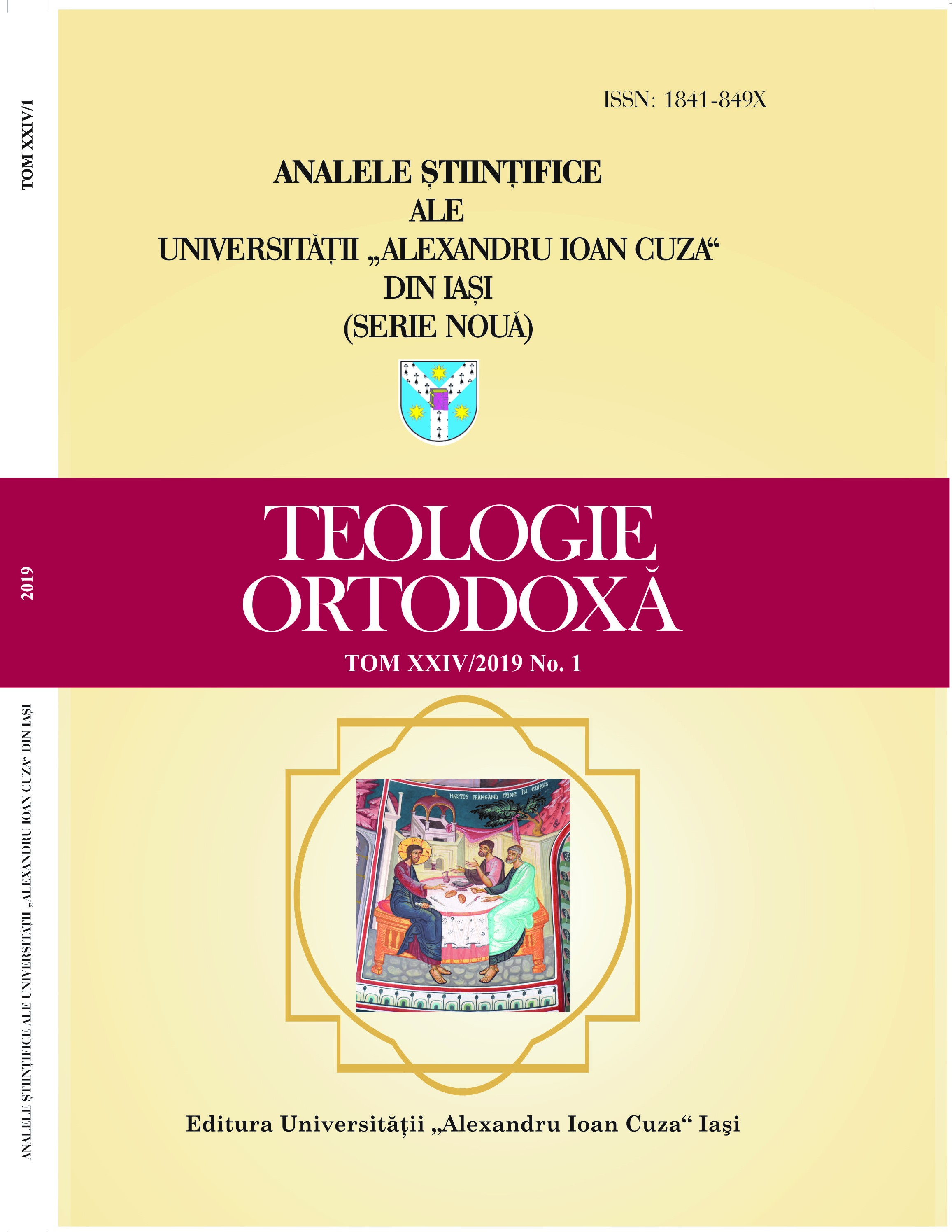
St. Luke's Evangelist records several contexts in which we can identify hospitality, as a bridge between people of similar or different social categories.Developing the hospitality from the two sisters 'house (Lk. 10, 38-40), in antinomy with Emmaus' dinner (Lk. 24: 13-36), in this study the role of the host receiving the guest as well as that of the guest who becomes the host is appreciated. Both events are placed by St. Luke in the countryside, during two trips. The Eucharistic Supper of Emmaus is preceded by the Scripture journey in search of Christ. The Emmaus Host becomes unseen by the eyes of Cleopas and the other disciple, but lights the hearts by understanding Scripture and consuming the bread-Christ.In the Gospel of St. Luke the rejection of Jesus by the village (εἰς κώμην) of the Samaritans, when He was on his way to Jerusalem (Lk. 9: 52) is considered an inhospitality exception. In this context, the Samaritans would have been in the position of hosts.
More...